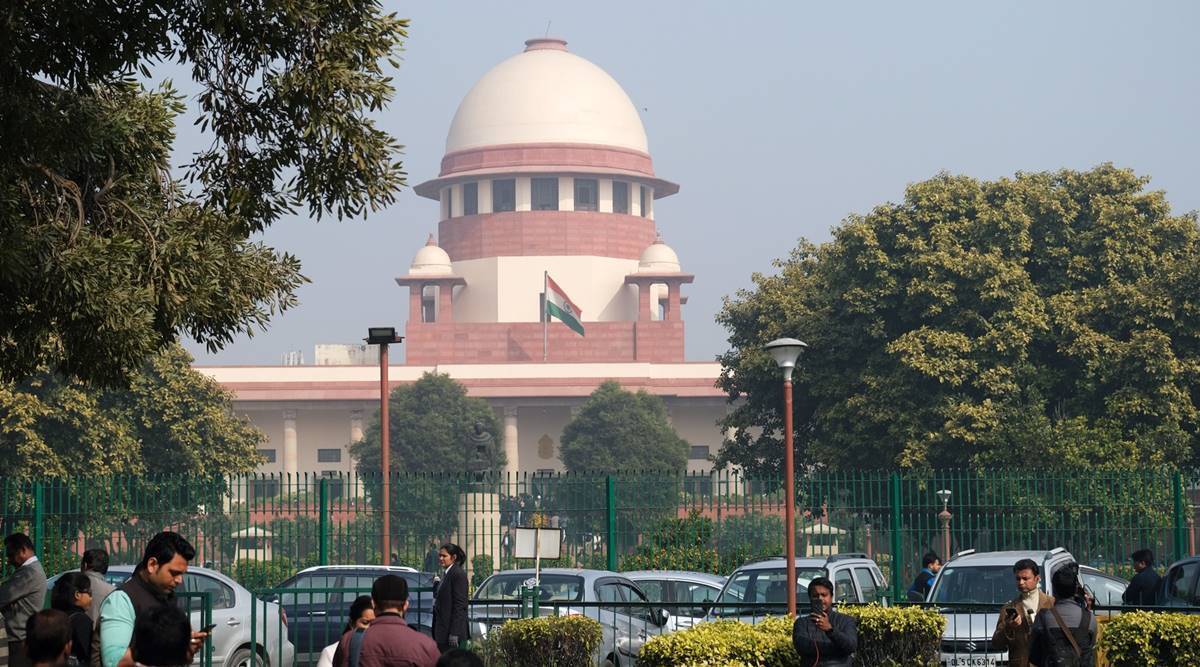The Supreme Court concluded on Friday that its 2011 rulings that mere membership in a banned organisation does not render a person a criminal until he resorts to violence or incites others to violence were unconstitutional.
While deciding a reference made by a two-judge bench, a bench of Justices MR Shah, CT Ravikumar, and Sanjay Karol held that mere membership in a banned organisation makes a person criminal and subject to prosecution under UAPA provisions.
The bench ruled that the subsequent decisions issued by high courts in response to its two-judge verdicts in 2011 on membership in banned organisations are unconstitutional and must be overturned.
While admitting appeals of the Centre and the Assam government seeking review of the top court’s 2011 rulings on membership of banned organisations, the bench said the Union government was needed to be heard when a law enacted by Parliament is read down.
The top court stated that the 2011 verdicts were issued based on American court decisions, which cannot be done without taking into account the situation in India. “In India right to freedom of speech and expression is not absolute and is subject to reasonable restriction. But, decisions of the American court can be guiding light”, the bench observed.
While reserving its judgement on a batch of review petitions on February 9, the Supreme Court noted that the Union of India was not heard by its two-judge benches when the 2011 verdict was issued, reading down section 3 (5) of the Terrorism and Disruptive Activities (Prevention) Act, 1987.
On February 3, 2011, the Supreme Court acquitted suspected ULFA member Arup Bhuyan, who had been found guilty by a TADA court on the basis of his alleged confessional statement before the Superintendent of Police, and stated that mere membership in a banned organisation does not make a person a criminal unless he resorts to violence or incites people to violence or causes public disorder through violence or incitement to violence.
The apex court took similar views in two other verdicts of 2011 in Indra Das versus State of Assam and the state of Kerala versus Raneef, where the bench relied upon the three US Supreme Court decisions which have rejected the doctrine of ‘guilt by association’.
